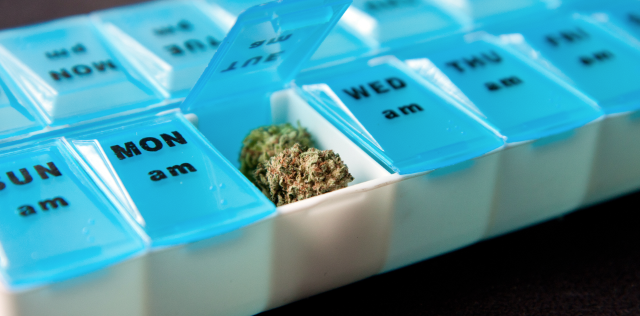A Senate committee will investigate the barriers blocking Australian patients’ access to medical cannabis, including cost and PBS access
A Senate committee will investigate the barriers blocking Australian patients’ access to medical cannabis, including cost and whether cannabinoids should be subsidised under the Pharmaceutical Benefits Scheme.
The Community Affairs References Committee, chaired by Greens Senator Rachel Siewert, is accepting submissions until January 17 and will report in mid-February.
Its terms of reference include the appropriateness of the current regulatory regime under the Therapeutic Goods Administration, which has approved only one product – nabiximols for multiple sclerosis spasticity – but allows doctors to prescribe others under the Special Access Scheme Category B and the Authorised Prescriber Scheme.
Last month, The Medical Republic looked at the regulations around prescribing medical cannabis, which has been legal for more than two years but has had slow uptake. Reasons for this include cost, a burdensome process for doctors, and reluctance and lack of understanding in the medical community.
The committee will also look at the way federal and state regulations interact; overseas models; doctor education in the endogenous cannabinoid system and indications for cannabinoids; delays in access due to the shortage of locally manufactured products; rural and remote barriers; and the number of Australians resorting to unregulated supplies of cannabis.
It wants to hear from families and carers as well as academics and clinicians.
The RACGP is hosting webinars and has endorsed a number of CPD-eligible training events for GPs who want to become acquainted with the mechanisms and indications of cannabinoids, and Sydney University’s Lambert Initiative is hoping to launch its own medical education course next year.
The Lambert’s academic director Professor Iain McGregor said there would be “opportunities galore” for doctors to upskill in this area.
“I think that is what will give them the confidence to prescribe,” he told TMR. “It’s not a trivial issue prescribing medicinal cannabis for the first time, and it is quite natural for doctors to want support and to feel that they are properly credentialled before they take that step.
“Knowing the difference between THC [tetrahydrocannabinol] and CBD [cannabidiol] is a good start there. Up until recently it was quite common to speak to a room full of GPs who don’t know what CBD is, and it’s a potentially revolutionary new medicine of the future for all sorts of different conditions.
“In New Zealand, for example, GPs are able to prescribe CBD cannabidiol products basically without restriction. In Australia, of course, we have to go through the Special Access Scheme, which is more of an ordeal for doctors, particularly if they’re time-poor. Something we’d like to see is for the federal government to change their regulatory access pathways to CBD-only medication as they’ve done in New Zealand.”
CBD, which is non-psychoactive, is only a schedule 4 drug in Australia, but there are no CBD-only products approved by the Therapeutic Good Administration.
“We’re seeing now that CBD has potentials as an anticonvulsant, an anxiolytic, an anti-psychotic, and it’s also useful in neuropathic pain,” Professor McGregor said. “It’s almost a case of ‘what doesn’t it do?’”


